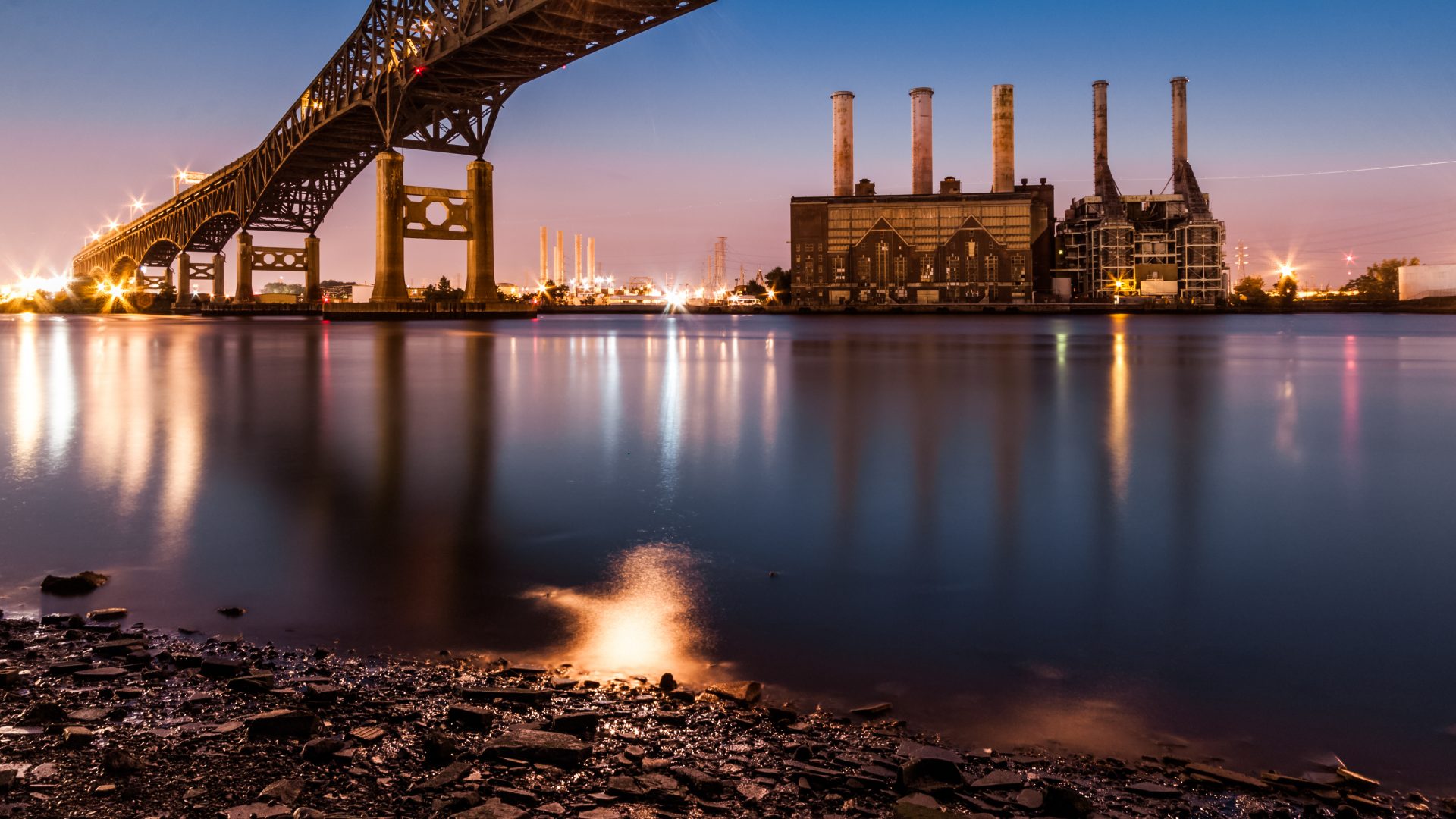New legislation in New Jersey is getting noticed nationally as one of the strictest laws prosecuting polluters (individuals or companies) in the state unlawfully.

Law S232, signed into law in September 2020, will improve environmental conditions in the state. With many cities heavily polluted, low-income neighborhoods will improve. It is the first state law that mandates a permit can be denied to a new facility if it’s determined they may disproportionately impact communities.
The bill states that during the permit review process, the New Jersey Department of Environmental Protection must evaluate environmental and public health impacts of specific facilities on overburdened communities. “No longer will economically disadvantaged areas of our state be dumping grounds, and no longer will the rights of residents to clean air and clear water be overlooked,” New Jersey Governor Phil Murphy proclaimed after signing the bill.
Multiple agencies will be involved, continuing to look inward at government functionality, practices, and policy protocol across departments, authorities, and all agencies. He added, “only by ensuring this all-inclusive process can we ultimately deliver on the promise of lived equality.”
A number of states have evolved over time and adopted varying environmental justice laws. Some policies have been started by executive order, like in Connecticut, Massachusetts, Michigan, and Wisconsin. The state of California has the strictest laws in the country. California’s environmental laws require local governments to identify their environmental justice communities and address related issues in their general plans to facilitate transparency. Having public engagement is also important in decision-making processes. The ultimate goal is to reduce pollutants and associated health risks.
Engelman Lado points out that some legislation, like Connecticut’s law, is procedural. They require that applicants develop an outreach plan ensuring communities are contacted to have input.
Distinguishing New Jersey’s new mandate from the Connecticut “procedural” example Mr. Lado said, “New Jersey’s law gives the state explicit authority to deny permits in already overburdened communities. It’s not just procedural, it’s a response to our understanding that it is unacceptable to distribute environmental burdens disproportionately to some communities and not others, particularly on the basis of race and income levels.”
The New Jersey Department of Environmental Protection could issue a permit for a new facility only if it is determined that it would serve as a “compelling public interest” to better the community. Activists have said they hope New Jersey’s law will lead to more state-level legislation.
For more about Haute Lawyer, visit https://hauteliving.com/hautelawyer/
Source: https://www.waste360.com/legislation-regulation/impact-new-jerseys-new-environmental-justice-law







![TRE LOVELL-01[13]](https://hauteliving.com/hautelawyer/wp-content/uploads/2020/05/TRE-LOVELL-0113-357x238.jpg)










